

Welcome to our free one-day workshop for celebrating women studying and working in computing! Alice & Eve aims to bring together talents in the field of computing. The third edition of this workshop will be hosted on 18 November 2022 by the Delft University of Technology.
Alice and Eve event is inspired by the BCS Lovelace Colloquium that started in 2008. For more details about earlier editions of Alice & Eve, see the websites of 2021 and 2020.
The event is held during a single day, and features:
Join us, and participate to our poster contest on the topic of your choice!
The workshop will be held at Mondai House of AI @ Next Delft at the TU Delft campus.
The registration is free and includes coffee breaks, lunch and drinks. We welcome everyone of all genders, from bachelor students to full professors, to attend the event.
If you would like to attend the workshop, please register here.
All women students (Bachelor/Master/PhD) and postdocs of computing and related subjects are invited to enter one of the poster contests during Alice & Eve 2022. We interpret “related subjects” very broadly – we would like to involve everybody in the area of computing in the broadest sense. If you are not sure, drop the organizers an email and we will probably say yes.
To enter the poster contest, please write a one page abstract (minimum 250 words) on the topic of your poster. Your abstract can be on any computing topic you like, e.g., it can be on a topic from social networking to quantum computing; and from medical image processing to formal verification. If it involves computers, we’re interested.
Please submit your abstracts via EasyChair.
You will receive instructions about your poster with the acceptance notification e-mail.
Poster abstract submission deadline: 28 October 2022
Notification of accepted posters: 4 November 2022
The program committee consists of the following members:
In addition to the keynote talks and the posters, there will be an exhibition which portrays thirty women in computing and their most important contributions.
Some highlights of the exhibition:
More information on these women, and many others, can be found at the exhibition and the online booklet.
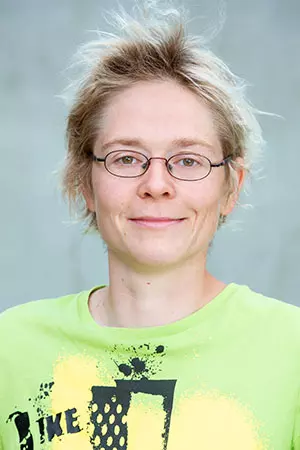
Talk: Resilient Publication in the Face of State Censorship
Internet censorship is wide-spread and plays a key role during protests, e.g., as the ones currently ongoing in Iran. In
this talk , I will first give an overview of different scenarios for censorship and methods for circumvention. I will
then discuss peer-to-peer-based approaches for publishing information in a censorship-resistant manner in more detail.
In contrast to most state-of-the-art censorship-resistance systems, such approaches remain applicable if a country
completely disconnects their national internet from the global internet.
Talk: Towards a more inclusive digital society
Much of the research in human computer interaction takes the form of finding a solution to a ‘problem’, typically by
designing a new technology that can solve this problem, or at least go some way towards addressing it. The implicit
assumption is that the worse the problem, the more any solution, and hence the research contribution, will be noteworthy
and important. This creates tensions when designing for disability, with target users and/or their characteristics,
often being framed as somehow problematic. This, in turn, leads to “solutions” which are not fit for purpose. In this
talk, I will consider how we might take a different approach to technology design for disability, with the aim of
leading to positive changes in what/how/why we design.
Talk: Enhancing the Understanding and Prediction of Software Delays at ING Using Machine Learning
In today’s rapidly changing world, the ability to be agile as well as predictable is essential to modern software
development companies. To become more predictable in software deliveries, it is essential to better understand which
factors affect the on-time delivery of software. We performed several large-scale case studies at ING to investigate
which social and technical factors affect the on-time delivery of software, how they interact with each other and how
their effects change over time. We have successfully integrated these influential factors using incremental learning for
delay prediction at ING. Our results indicate that the planning of software can be significantly improved by
incorporating team/process-related information and dynamic methods into analysis/predictive models.
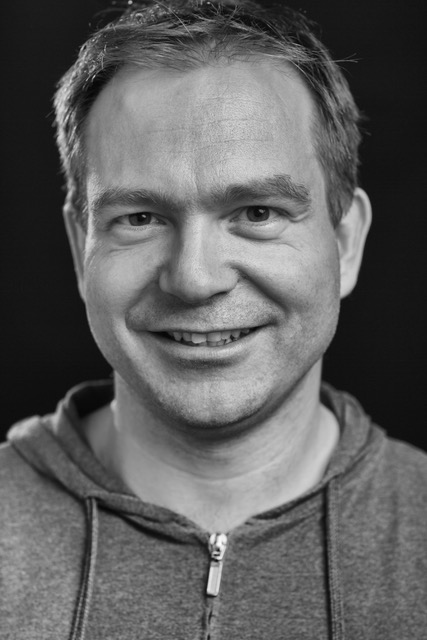
Talk: Experiences in Systems Research with Impact.
The task of defining a research track with original contributions and impact can appear daunting, due to the many possible choices of direction that one can make, but also the increasing maturity of the field of computing, its growth and the increased sense of competition that comes with that. The systems side of computer science, where I am active, has very many direct applications outside academia, and my personal preference has been to select topics and direction that can make an impact there. This talk will be structured around my personal experiences in the area of data systems research in the past decades. I will share some of my viewpoints on fundamental vs. applied research, trends in research practice that can diminish the impact of research, and strategies to make research more impactful, including community building, communication, open-source and spin-offs; and hope to discuss these with the audience as well.
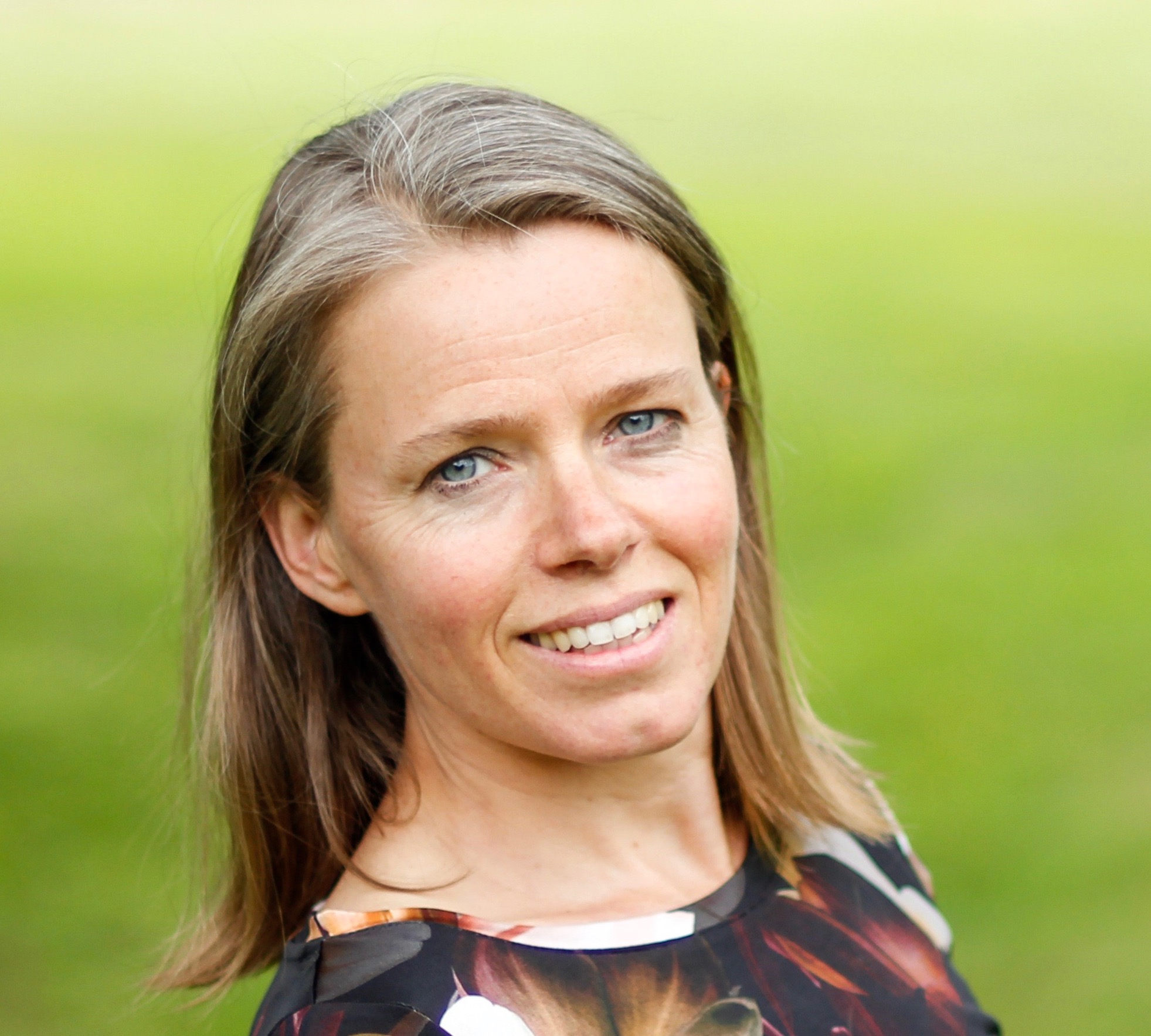
Talk: Predictive Maintenance.
No more train delays. The grand vision of Predictive Maintenance (PdM) using data analytics to predict potential failures so well, so these can be prevented by performing maintenance exactly when and where needed — thus resulting in switches, signaling systems and signals experiencing no zero downtime.
While predictive maintenance has its roots in mechanical and civil engineering, I will in this talk elaborate on how computer science lies at the heart of many challenges in predictive maintenance, especially when it comes to automation of the solutions, their specification and verification, multi-stage optimization, the complexity of IT architecture, as well as the organizational objectding of the solutions. Thus, I hope to inspire the audience to contribute to this beautiful, relevant and exciting field.
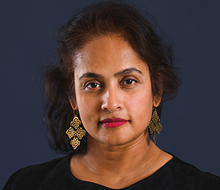
Ms. Baloo is formally recognized within the list of top 100 CISOs globally and ranks among the top 100 security influencers worldwide. In 2019, she was also selected as one of the fifty most inspiring women in the Netherlands by Inspiring Fifty, a non-profit aiming to raise diversity in technology by making female role models in technology more visible.
Ms. Baloo has been working in the field of information security, with a focus on secure network architecture, for over 20 years and sits on the advisory boards of the NL’s National Cyber Security Centre, PQCrypto and the EU Quantum Flagship’s Strategic Advisory Board. She serves on the audit committee of TIIN capital, a cybersecurity fund, and is also a member of the IT Committee of Sociale Verzekeringsbank. She is a board member of the cybersecurity firm NIXU in Finland. Since 2021 she is also a board member of the RvT of the Dutch Broadcasting station, the NOS.
Ms. Baloo has spoken widely at high profile conferences such as RSA, TEDx and Codemotion on topics including Lawful Interception, VoIP, Mobile Security, Cryptography, and Quantum Communications Networks. Additionally, Ms. Baloo is a faculty member of the Singularity University since 2017, where she regularly lectures.
Trust in AI - Society perspective: Past, Present, Future
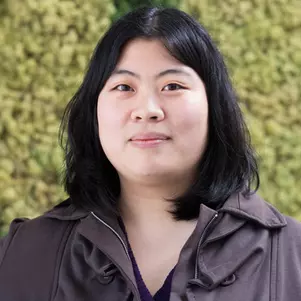
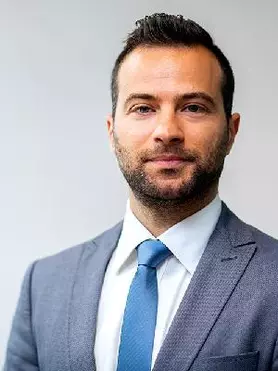
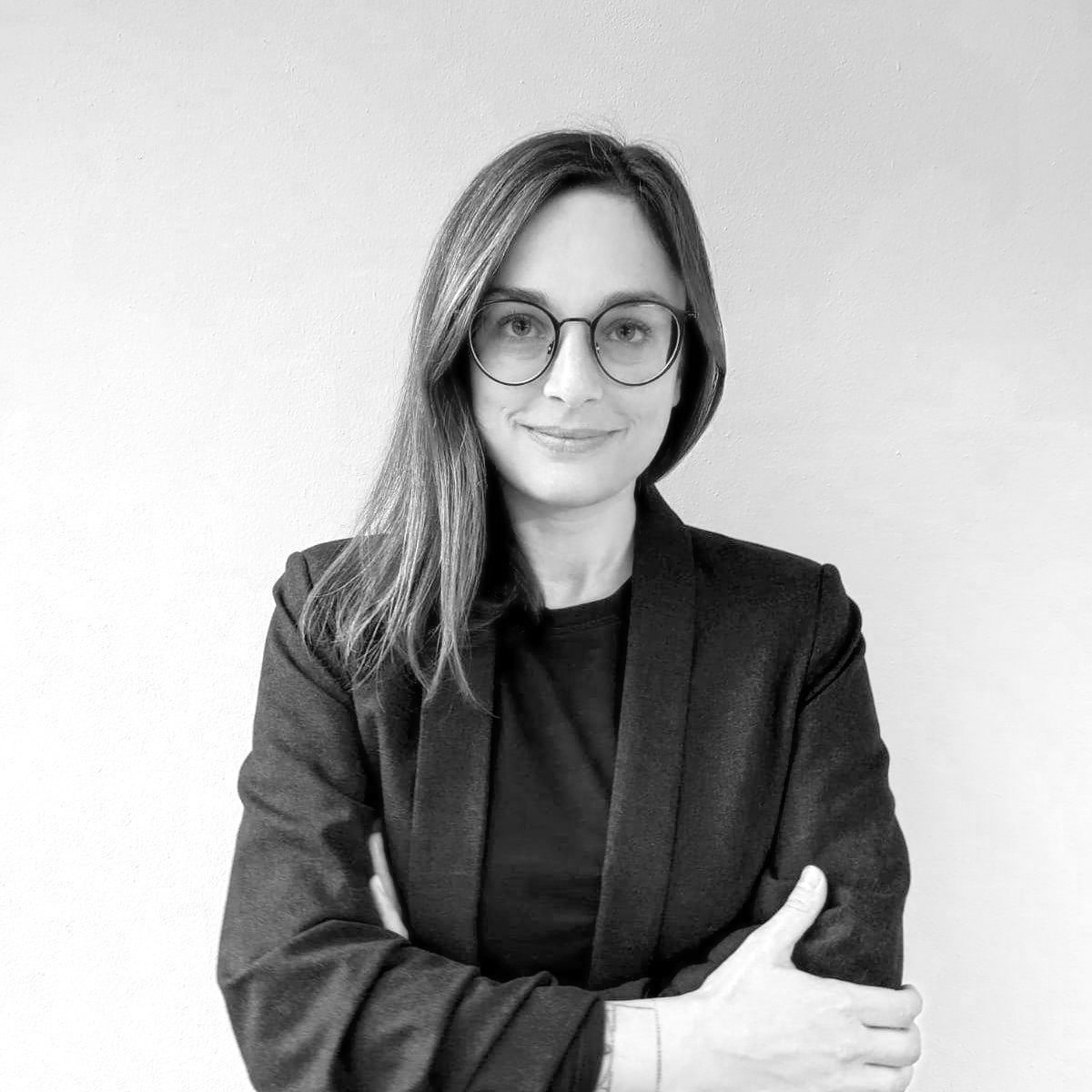

| Time | |
|---|---|
| 09.30 - 10.00 | Welcome coffee |
| 10.00 - 10.15 | Opening |
| 10.15 - 10.45 | Talk: Stefanie Roos - Resilient Publication in the Face of State Censorship |
| 10.45 - 11.00 | Coffee Break |
| 11.00 - 11.30 | Talk: Judith Good - Towards a more inclusive digital society |
| 11.30 - 12.00 | Talk: Elvan Kula - Enhancing the Understanding and Prediction of Software Delays at ING Using Machine Learning |
| 12.00 - 14.00 | Lunch |
| 13.00 - 14.00 | Poster exhibition |
| 14.00 - 14.30 | Talk: Peter Boncz - Experiences in Systems Research with Impact |
| 14.30 - 15.00 | Talk: Mariëlle Stoelinga - Predictive Maintenance |
| 15.00 - 15.30 | Coffee break |
| 15.30 - 16.00 | On stage interview: Jaya Baloo |
| 16.00 - 16.15 | Poster prizes |
| 16.15 - 17.00 | Panel - Trust in AI - Society perspective: Past, Present, Future |
| 17.00 - 18.00 | Drinks and socials |
These posters were presented during the poster competition at Alice & Eve 2022: (not all posters are available yet, we will update this page as soon as we have them)

Delft University of Technology
Delft University of Technology

Delft University of Technology
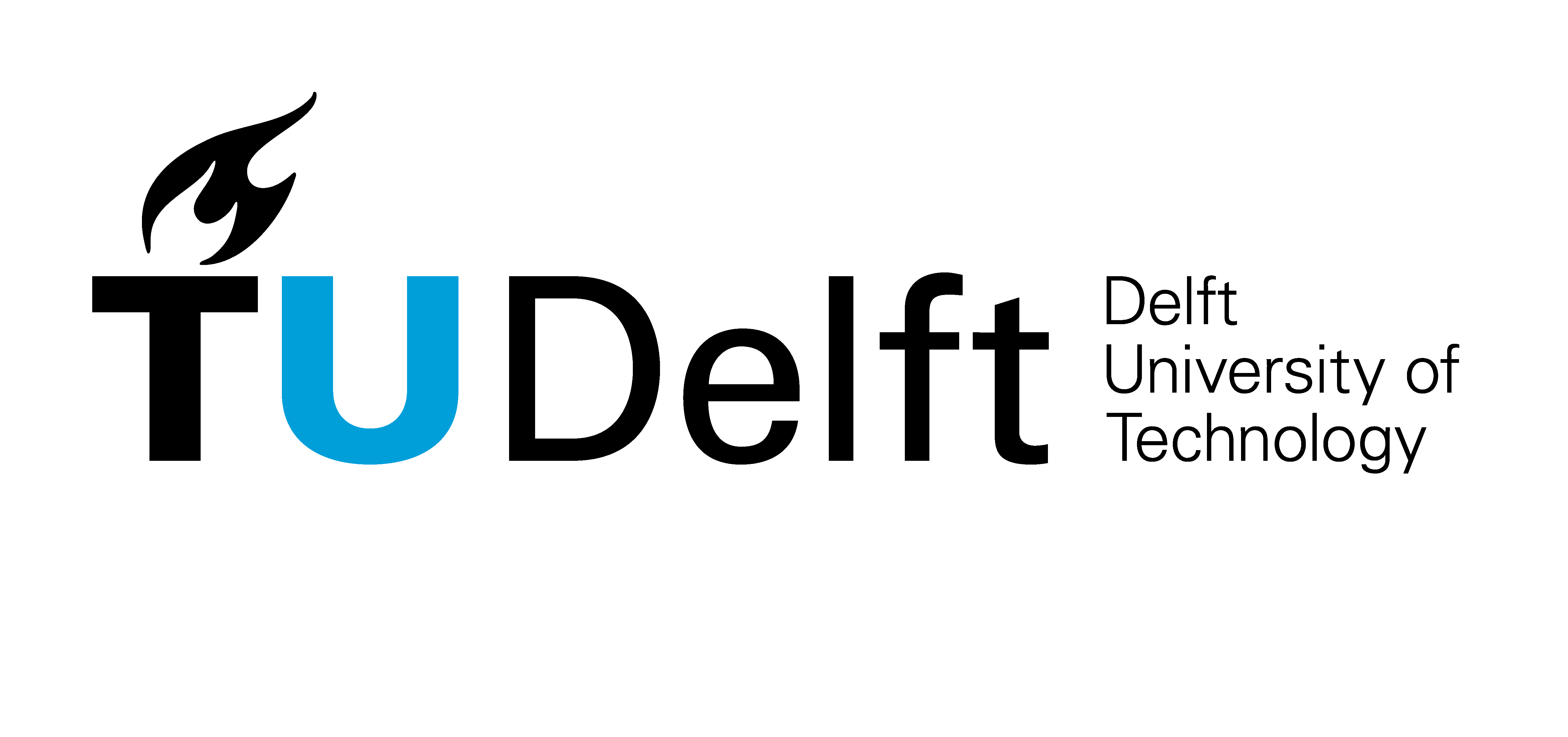
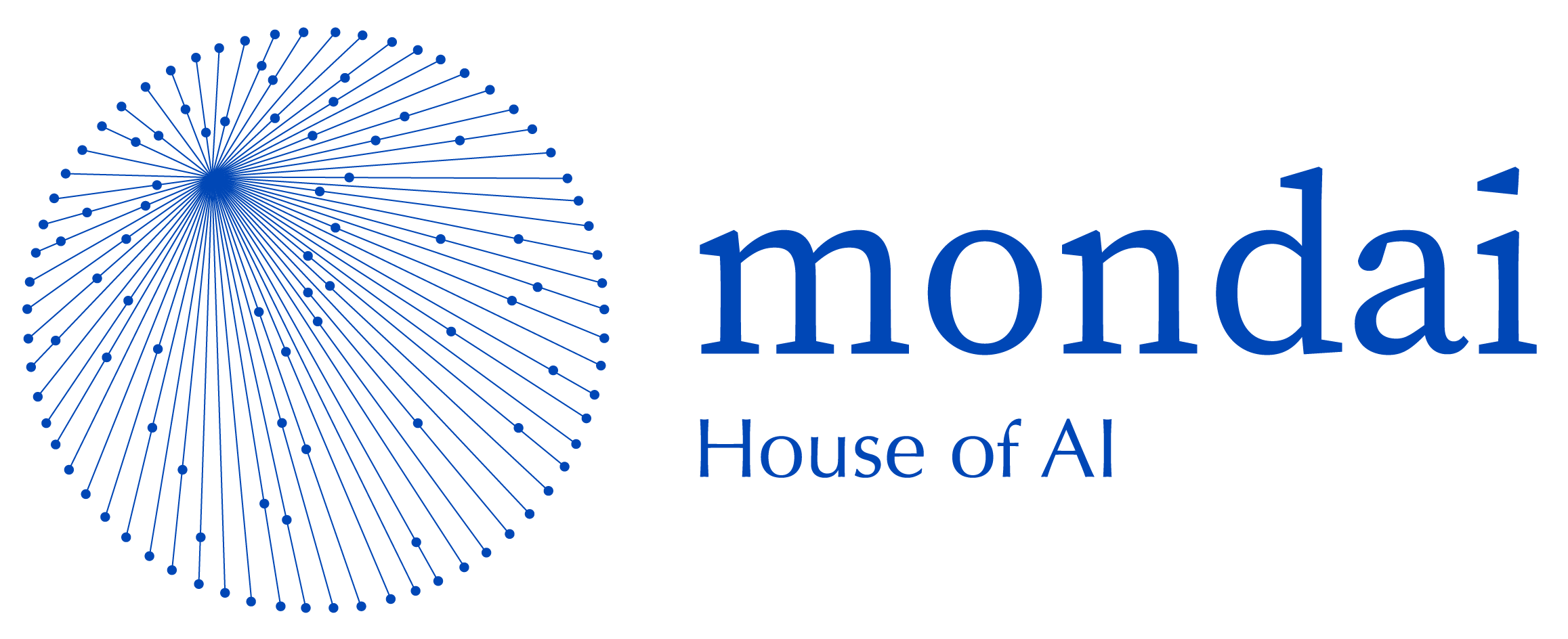




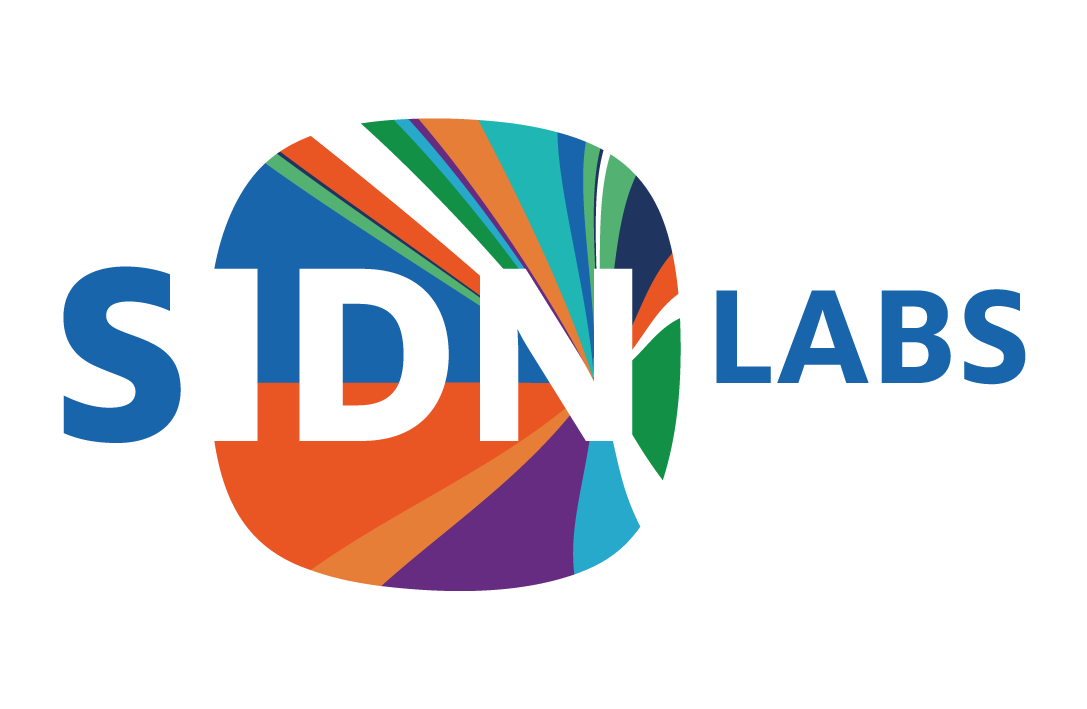


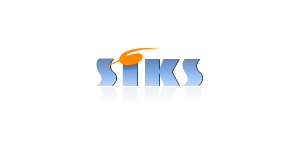
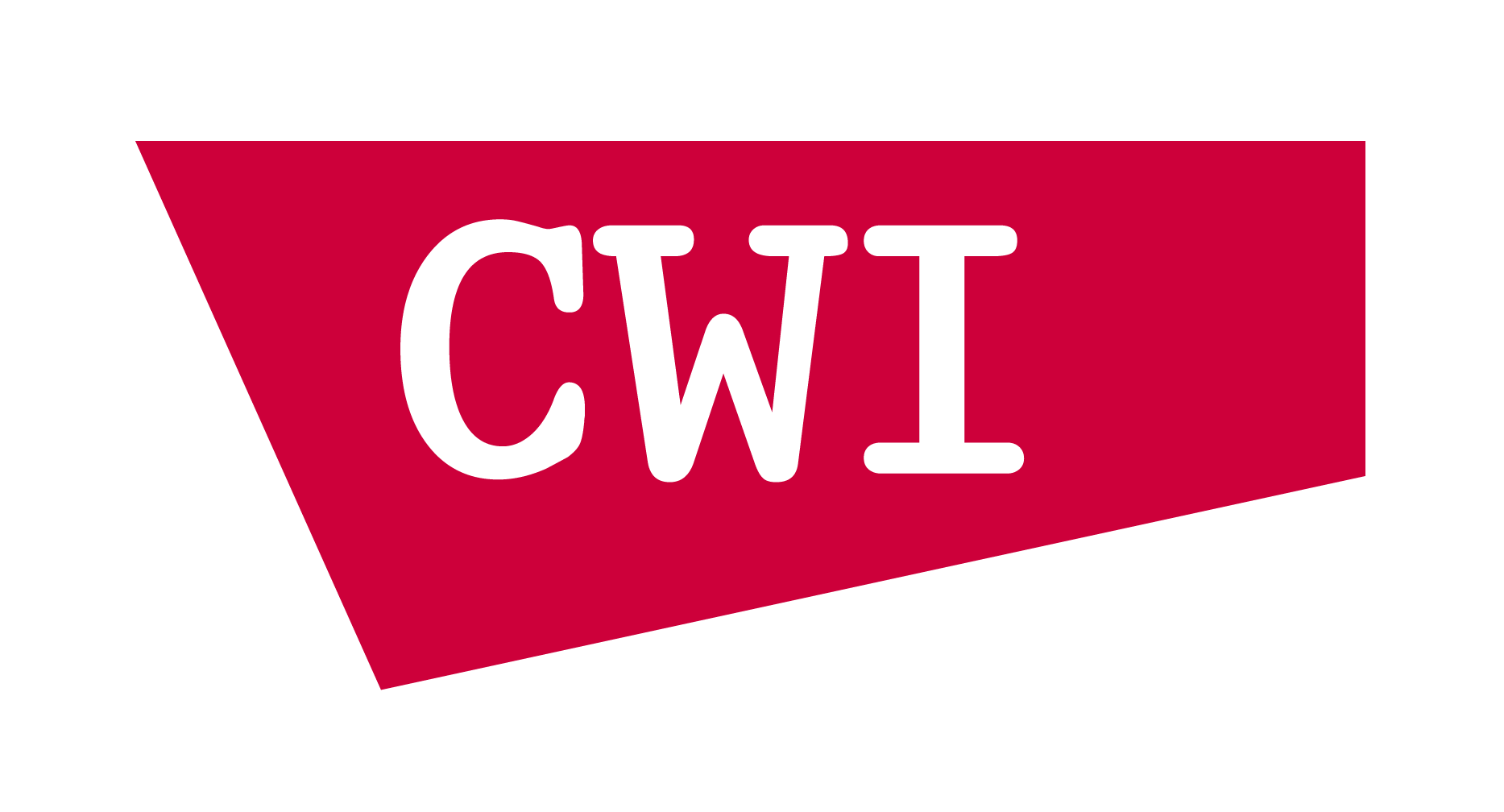
For questions regarding the workshop, please contact the organizers!

